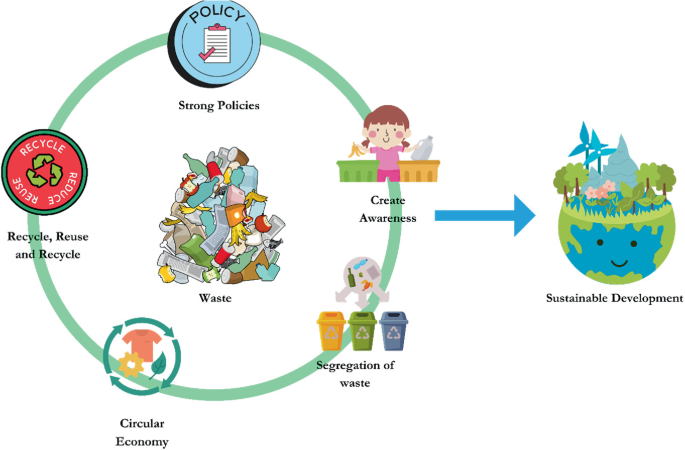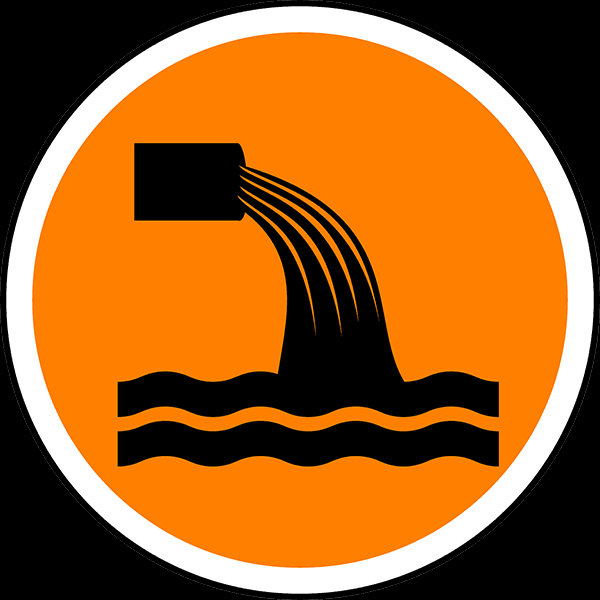Some Of Reclaim Waste
Some Of Reclaim Waste
Blog Article
What Does Reclaim Waste Mean?
Table of ContentsThe Facts About Reclaim Waste RevealedThe Single Strategy To Use For Reclaim WasteAbout Reclaim Waste8 Simple Techniques For Reclaim WasteSome Known Details About Reclaim Waste
Check out the types, events, and types of fluid waste. Domestic sewer waste describes the waste and items from a residential septic system. This type of waste is produced by people in houses, colleges, and various other buildings. This only consists of septic tanks that have a drainpipe area. The proper administration and disposal of domestic sewage waste need liquid waste to be transferred to a sewage treatment plant where the correct approaches and equipment are applied to detoxify and take care of waste.
Commercial waste frequently consists of potential threats, such as combustible materials or a mix of fluid and solid waste products, and needs a much more innovative and thorough disposal procedure. The disposal of business waste generally involves the filtering of waste prior to transportation to ensure risk-free and appropriate disposal. Industrial waste is developed from by-products and overflow of commercial processes and production.
This kind of waste can not use the very same sewer monitoring transport or processes as septic or industrial fluids. The commercial waste administration procedure needs the examination and screening of liquid waste before it undertakes the disposal process (liquid waste disposal). Drainage waste is the liquid waste that originates from runoff and excess stormwater in very inhabited locations or cities
Overflow waste can create contamination and flooding if not handled correctly. Learn more concerning sewage system cleaning and waste management. Ensuring proper waste administration can prevent calamities and lower environmental damage. Both individuals in household setups and professionals in business or production sectors can gain from comprehending the processes and policies of fluid waste administration.
About Reclaim Waste
Call PROS Solutions today to learn more about our waste management and disposal services and the appropriate methods to look after the liquid waste you generate.
(https://reclaimwaste1.blog.ss-blog.jp/2024-11-12?1731425991)This so-called 'wastewater' is not just an important source but, after treatment, will be launched to our land, waterways or the sea. Made use of water from bathrooms, showers, bathrooms, kitchen area sinks, laundries and commercial processes is known as wastewater.

water utilized to cool equipment or clean plant and equipment). Stormwater, a type of wastewater, is runoff that flows from agricultural and urban areas such as roofing systems, parks, yards, roadways, paths and gutters into stormwater drains pipes, after rain. Stormwater moves unattended directly to regional creeks or rivers, at some point reaching the sea.
Reclaim Waste for Beginners
In Queensland, the majority of wastewater is treated at sewage therapy plants. Wastewater is carried from residential or commercial sites through a system of sewers and pump terminals, referred to as sewage reticulation, to a sewer treatment plant. City governments construct, keep and operate most sewage treatment plants. Operators are accredited under the Environmental Management Act 1994 to discharge treated wastewater at an acceptable environmental standard right into waterways.
The Division of Natural Resources encourages city governments concerning managing, operating and preserving sewage systems and treatment plants. In unsewered areas, local governments might require householders to set up private or family sewer treatment systems to treat domestic wastewater from commodes, kitchens, washrooms and washings. The Division of Natural Resources authorises making use of household systems when they are shown to be reliable.
A lot of stormwater receives no treatment. In some new neighborhoods, therapy of some stormwater to eliminate trash, sand and crushed rock has started making use of gross contaminant traps. Wastewater therapy happens in four phases: Removes solid issue. Bigger solids, such as plastics and other objects mistakenly discharged to sewers, are eliminated when wastewater is gone through displays.
Uses little living organisms understands as micro-organisms to damage down and get rid of continuing to be dissolved wastes and fine particles. Micro-organisms and wastes are incorporated in the sludge.
Getting My Reclaim Waste To Work
Nutrient elimination is not readily available at all sewage therapy plants due to the fact that it calls for pricey specialist devices. Clear fluid effluent produced after therapy may still include disease-causing micro-organisms - industrial wastewater treatment.

The majority of wastewater moves into the sewage system. Under the Act, neighborhood federal governments administer approvals and permits for eco relevant tasks (Ages) including wastewater check over here releases that might have a regional impact.
The Buzz on Reclaim Waste
Otherwise, samples are taken for lab analysis. Frequently many tests are needed to establish the levels of each of the various toxins such as oils, hefty steels and pesticides in water. Surveillance offers accurate information regarding water high quality and can verify that permit problems are being fulfilled. The information acquired with surveillance supplies the basis for making water top quality choices.
Report this page